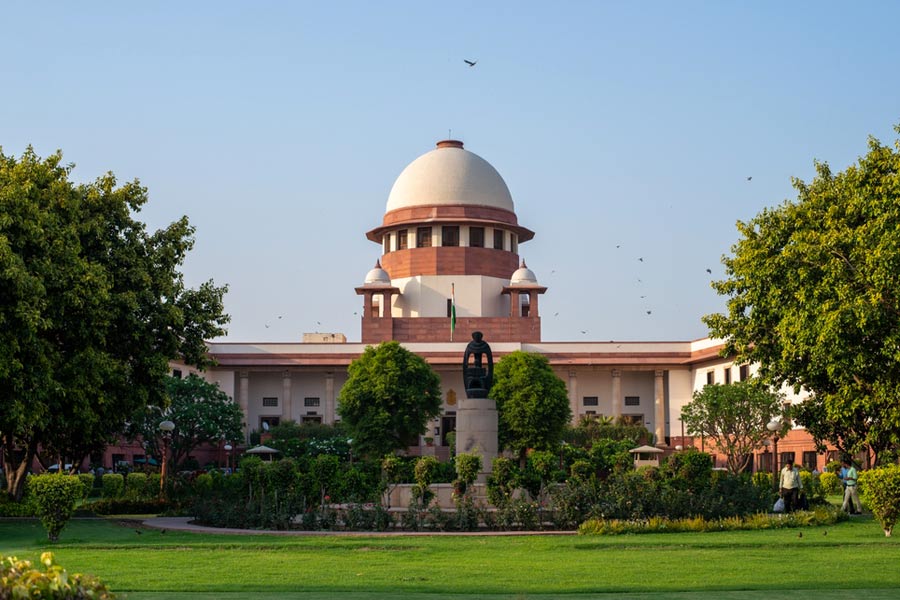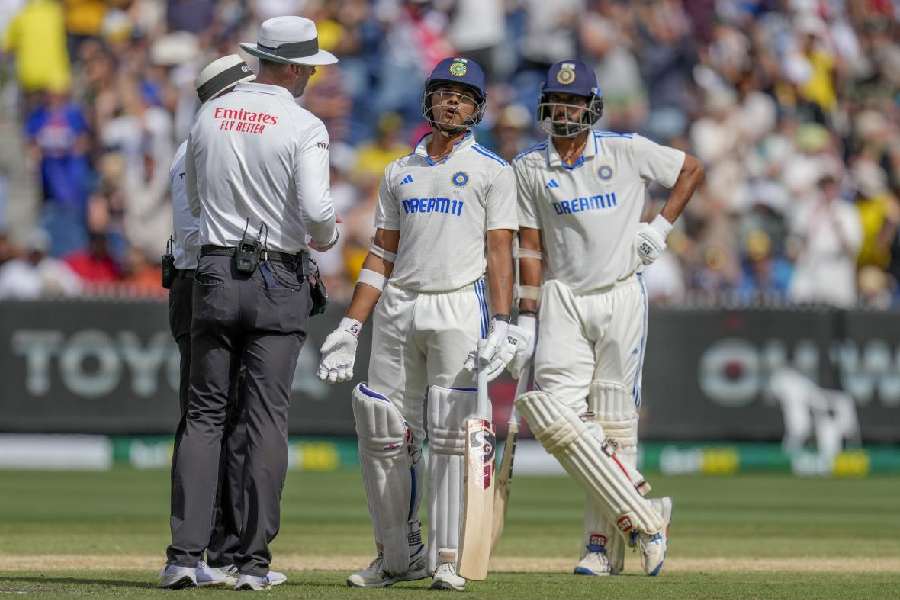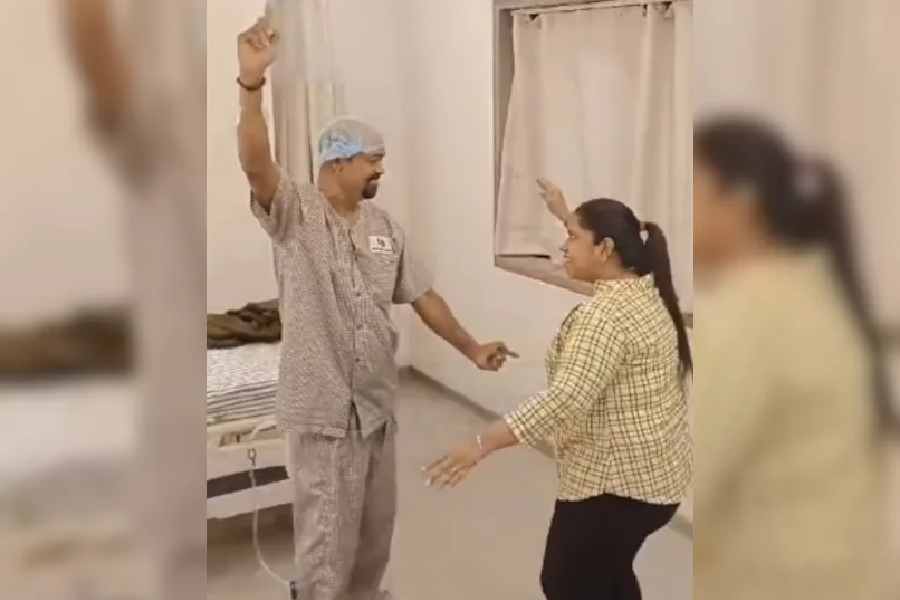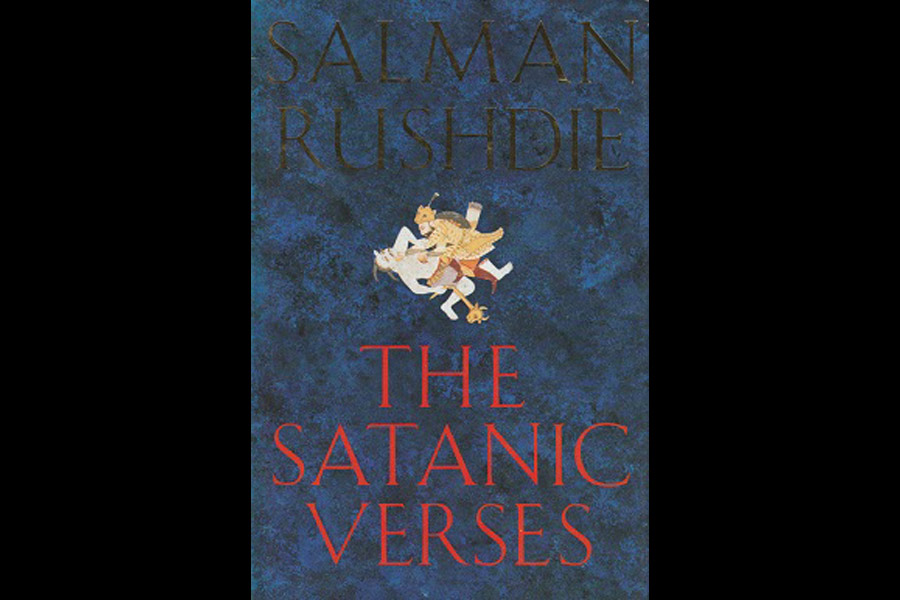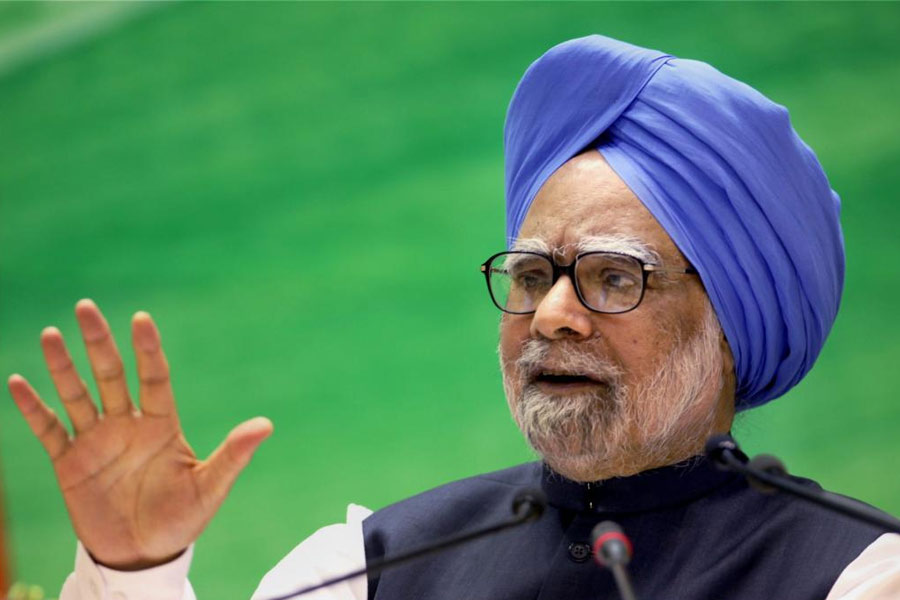A small step forward appeared to have been taken in the Centre’s affidavit on marital rape submitted to the Supreme Court. But the Union government’s fundamental attitude has remained the same. The issue being discussed was the exception to the law against rape that says that the woman’s consent is immaterial in a husband’s sexual relations with his wife if she is above 18 years of age. That is, there can be no marital rape. The Centre had earlier dismissed objections to the exception. This time, however, the affidavit admitted that violating a wife’s consent is wrong but it would be “excessively harsh” and “disproportionate” — in proportion to what? — to call it rape. The argument for this is a little convoluted. It seems that when there is an expectation of sexual relations, something that marriage gives, violating the consent of the wife — the affidavit refuses to call this act rape — is not right but is yet different from a man engaging in non-consensual sex with a woman to whom he is not married. The value of a woman’s consent inside marriage and outside it remains the same but the ‘situations’ are different because marriage is not a private institution as the petitioners mistakenly claim. The affidavit described marriage as a public and societal institution that could be shaken if the wife’s ‘violation of consent’ was regarded as a crime. This difference ensures that Article 14 of the Constitution is not breached in the law’s unequal and different treatment.
So the Centre has ultimately not moved from its original position even after recognising marital rape as illegal and criminalised. The focus, as before, is on the unshakeable institution of marriage. But marriage is supposed to be the equal union of two people; how can marital ‘expectation’ be placed above a woman’s consent? This approach violates equality, the woman’s dignity, sexual autonomy, bodily integrity and choice in the matter of having children. The Centre’s affidavit turns on unspoken assumptions about marriage — that the husband is the dominant partner and that his demands can override the wife’s wishes with impunity. It comes down to denying a woman her fundamental rights in favour of men. It also means making sexual — and psychological — violence on married women invisible. The affidavit reasserts patriarchal values while paying lip service to women’s rights.

